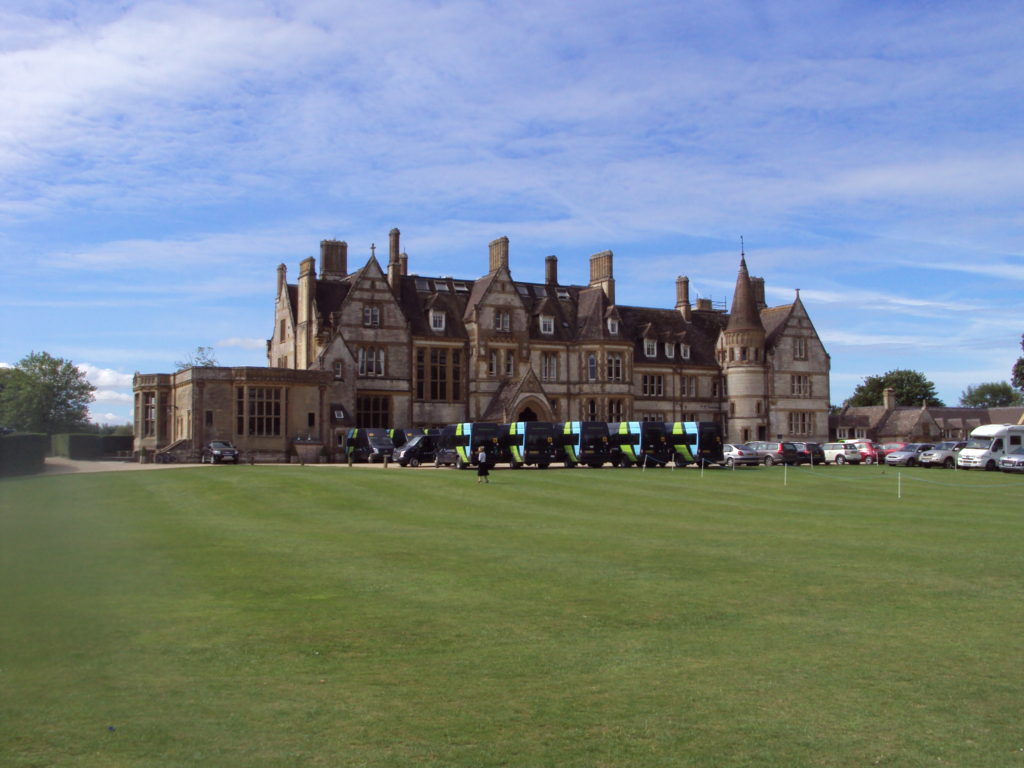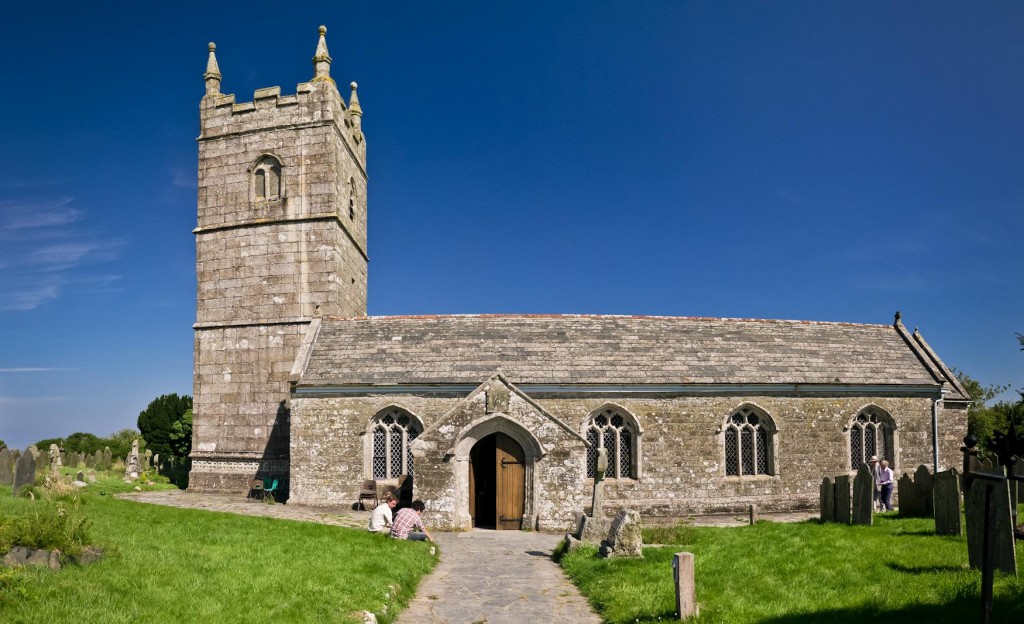
Few people go through a career without at some point experiencing work-place bullying. It probably happens to most people, even if only as a single episode. The effect is still wounding. Two groups in society might hope to avoid this particular experience of pain. One is the group of workers who work for themselves. These include the self-employed tradespeople and others who have their own businesses. Also, there is another group who can withdraw from stressful interactions with others which may involve bullying. These are the bosses, those who reach the top of a hierarchy. They still have to negotiate stress, but the stress involved in making decisions and being in charge is apparently less damaging to well-being than being at the sometimes arbitrary beck and call of a work boss.
New insights about the way that everyday workplace stress affects the health and longevity of individual lives were uncovered by two UK government sponsored studies of the civil service starting in the 1960s. These were conducted by Sir Michael Marmot, a distinguished epidemiologist. His task was to examine the health of civil servants and to find out if the place of an individual within the well-defined hierarchy of the civil service could be correlated with levels of health and mortality. The findings excluded things like pre-existing conditions etc., but what was uncovered was still striking. In summary, quality of health and life expectancy went up as the individual rose in the ranks. The bosses at the top enjoyed significantly better quality of health than those working at the bottom of the pyramid. The issue was not economic, nor class related, as everyone in the service was adequately remunerated. The only factor that could be identified was the greater levels of stress experienced by those who were paid to obey the orders of others above them. Something about being under the control of others creates a stress response that is observed to take a toll on people. This particular type of stress is not faced by those who have control over their working lives.
Marmot was not looking for examples of bullying and I have no reason to suggest that UK civil service is a hotbed of such behaviour. Clearly it will exist there, as everywhere else, but we would hope it would be mitigated by effective complaints processes. But whenever it does exist, we may see it as adding to the levels of stress experienced in the workplace. The ‘normal’ type of stress is simply being in a place where everyday control and supervision of workers is in operation. This is part of the culture of most workplaces. There is then, sometimes, a second level, the intensification of stress which comes as the result of experiencing bullying at the place of work. If, as Marmot would claim, the first ‘ordinary’ work experience is stressful with life-changing physical consequences, then we can postulate that a bullying culture may well tip many people into experiencing acute distress, sometimes manifesting itself as physical or mental illness. Bullying in the workplace is thus a serious threat to the health and well-being of many working people.
Last week I described my own experiences of dealing with the stress of being a curate. Others in the comment section have added their own stories. Fortunately, the behaviour I experienced as bullying was time limited. I did have the option to escape from the arbitrary whims of a very volatile boss. I was then able to recover my psychological stamina so as to be able to continue as a member of the clergy. Not all achieve this, and, anecdotally, many clergy leave ministry altogether after a number of years. Negative experiences of bullying from their fellow clergy (and sometimes parishioners) may be among the causes. By always keeping a low profile in my parish, I never had to endure stressful encounters with bishops and archdeacons. There were also some good experiences of teamwork. My ministry required me at various times to work in a part time team context. These particular teams were the support groups I gathered to assist me in the various diocesan roles I have, at different times, undertaken. As far as the main parish role was concerned, I have only worked as a sole incumbent, though normally supported by retired colleagues and supportive church councils.
Returning to the theme of workplace bullying which we suspect is extremely common in UK society, we find that the textbooks are reluctant to offer a definition to cover every case of its incidence. As a suggested starter I would see bullying at work to be taking place when the power that one individual has over another is deliberately weaponised to cause distress. In the absence of widely agreed definitions, most discussions bring up the word aggression to cover what they mean when talking about bullying. The discussions also indicate that bullying behaviour is often linked back to poor nurturing as a child. That discussion has to be left to one side. One distinction I discovered early on in the literature about bullying is that there is a distinction to be made between affective aggression and instrumental aggression. The first is bullying behaviour which involves emotion arousing or some kind of gratification for the bully. These emotions might also involve anger, jealousy or revenge. Instrumental bullying is when power is exerted over another to extract some desired end from the victim. Bullying of this kind might have as its end sexual favours being demanded, or possibly the handing over of money.
In the last blog post I mentioned that the presence of an individual with narcissistic tendencies would likely cause havoc to the smooth functioning of a clergy team. Something similar would happen if a priest with bullying tendencies was either a member of or, worse still, put in charge of a parish, a cathedral or even a diocese. One of the problems of raising this topic of bullying in the church is that all we have to guide us as to its frequency is anecdotal evidence. It is likely that bishops know about many cases of bullying which come to their attention, just as they hear about abuse cases. For obvious reasons this information is sensitive and unlikely to be shared beyond a diocesan boundary or even within bishops’ staff meetings. We simply do not have this kind of statistical information. The absence of reliable data should not mean that we should not bring up the topic. The Church at large is still catching up, after it claimed in 2009 only to know about 13 cases of sexual abuse in its records. This was a massive case of institutional blindness. The fallout from that self-deluding nonsense is still being worked through. At the time it became the received narrative and no one was able to challenge these absurd figures for at least another six years. The incidence of bullying at every level of the Church may be its next hidden shame. Should we not start talking about it rather pretending it does not happen? Do we wish to suffer from chronic institutional blindness a second time?
The problem of clergy (and sometimes lay people) who bully other clergy and parishioners is an issue which has never been far away. Speaking from the evidence of my own observations, I can say that I have watched while clergy I know, forced to work with bullies, have had breakdowns. Some of these, like abuse survivors, have gone on to experience serious illnesses and even suffered premature death through being exposed to a highly bullying culture. The link between high stress and illness can never be proven and thus it is impossible to produce statistics of this problem. I do not need to dwell further on my own early experiences as a priest, but I noted that nearly half those who were ordained deacon with me had disappeared from Crockford twenty years later. Those who speak of teams and consistent good working relationships between the clergy as being the norm, are not describing the Church as I have found it in some places. Of course excellence in this area exists, but so do tragic examples of bullying and power abuse.
Looking back, particularly over the past thirty years, we have been regaled by a variety of accounts in the Church involving bullying and power abuse. The stories in the public domain include the dysfunctions involving Lincoln Cathedral in the 90s. Even the mediation skills of Desmond Tutu could not sort out that particular problem. Some other cathedrals have been described to me in the past as hotbeds of tensions and stress because of poor relationships. The current tensions in Winchester and among Scottish Episcopalians in Aberdeen can only be imagined, since much of the the detail is only hinted at in the public domain material. Both bishops have, no doubt, been able to justify their behaviour as a valid exercise of episcopal authority. In each case, it would seem that problems have been known about for some time. Nevertheless, the people in a position to do something were unable or unwilling to step in to stop the situation getting out of hand. We see a Church that is unwilling to grasp nettles in time to stop problems causing lasting damage
Every time I hear of a case of bullying, I think of the victims. Actual bullying in the workplace is far more serious than the stress of not having control over your working life. The latter was the major factor leading to stress identified by Marmot in his study. When we add bullying into the mix, we are talking about a major contributor to poor physical health and shortened lives. In other words what has been going on in churches and cathedrals, as in Oxford, Winchester and Aberdeen, has the potential to damage lives in a real physical sense. Incidents and allegations of bullying need always to be taken extremely seriously. The environment that is created is so foul that it brings shame on the church for the damage it is known to be doing. Many of us are part of that church. We each share some responsibility for that shame. The way forward for us as individuals is to dedicate ourselves to working hard, in whatever way is open to us, to fight to remove this scourge of bullying from our churches.








